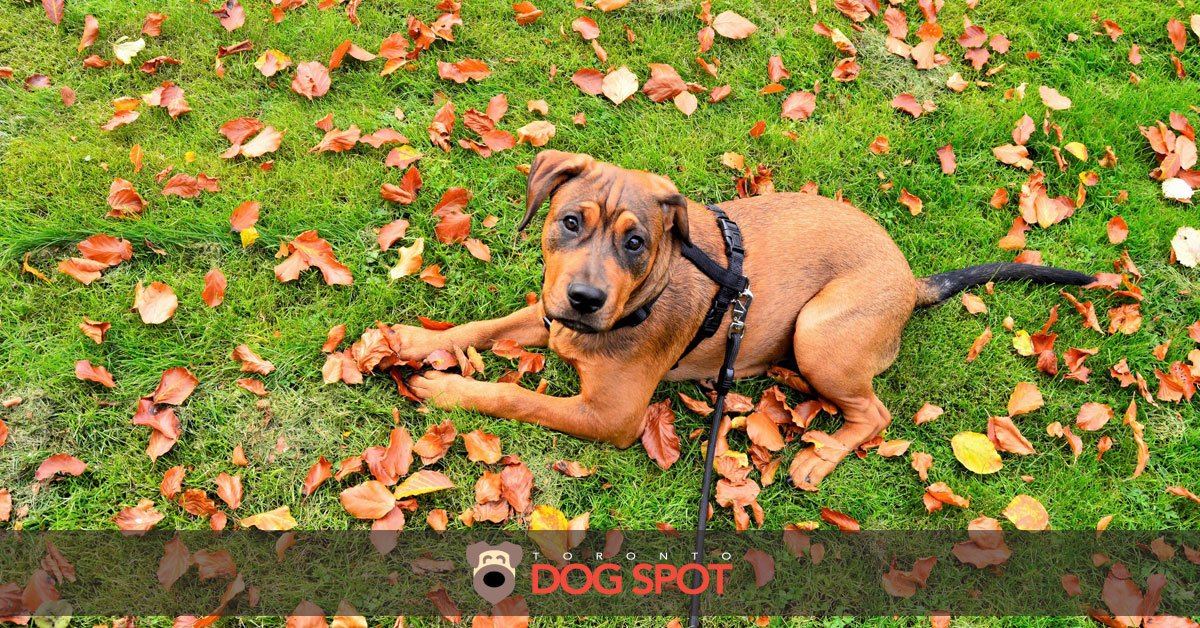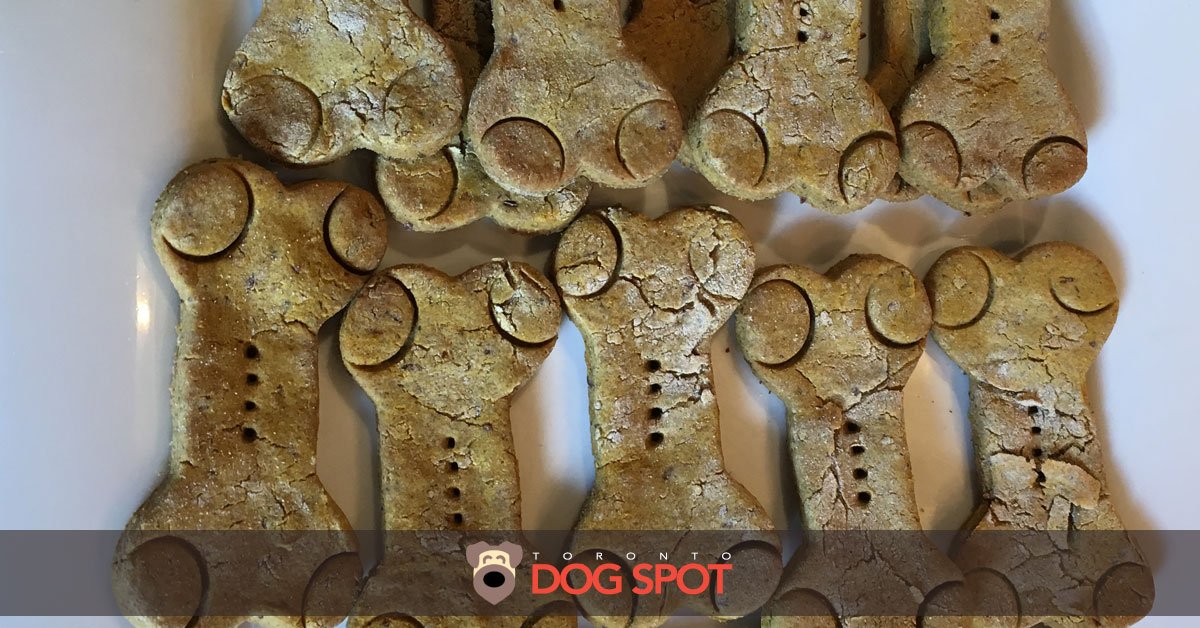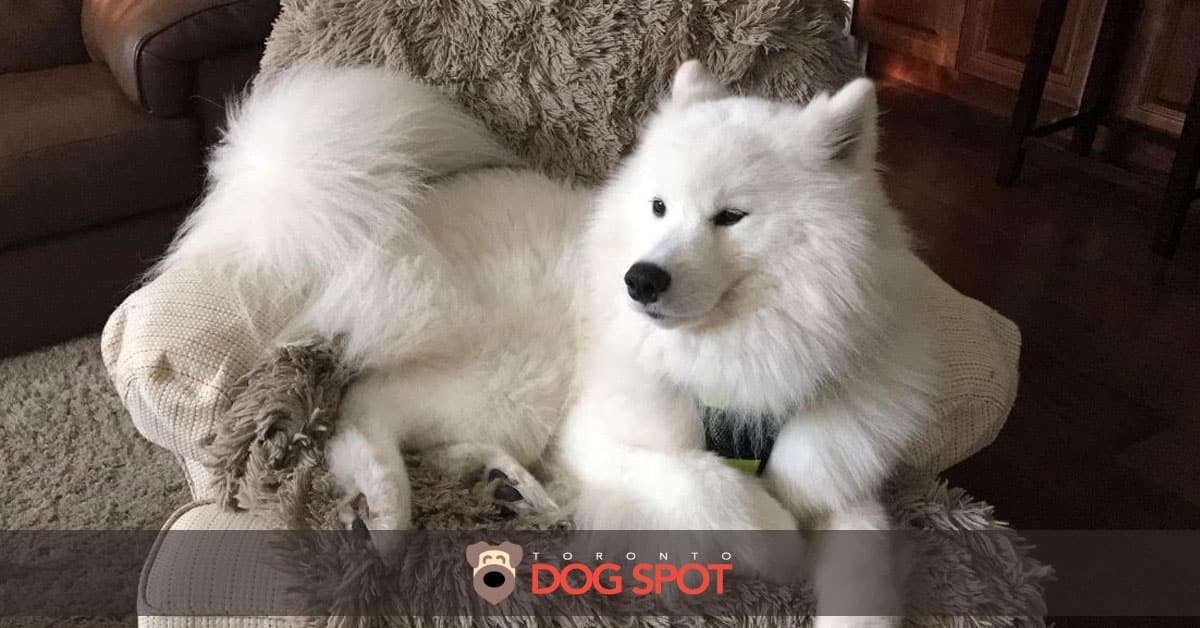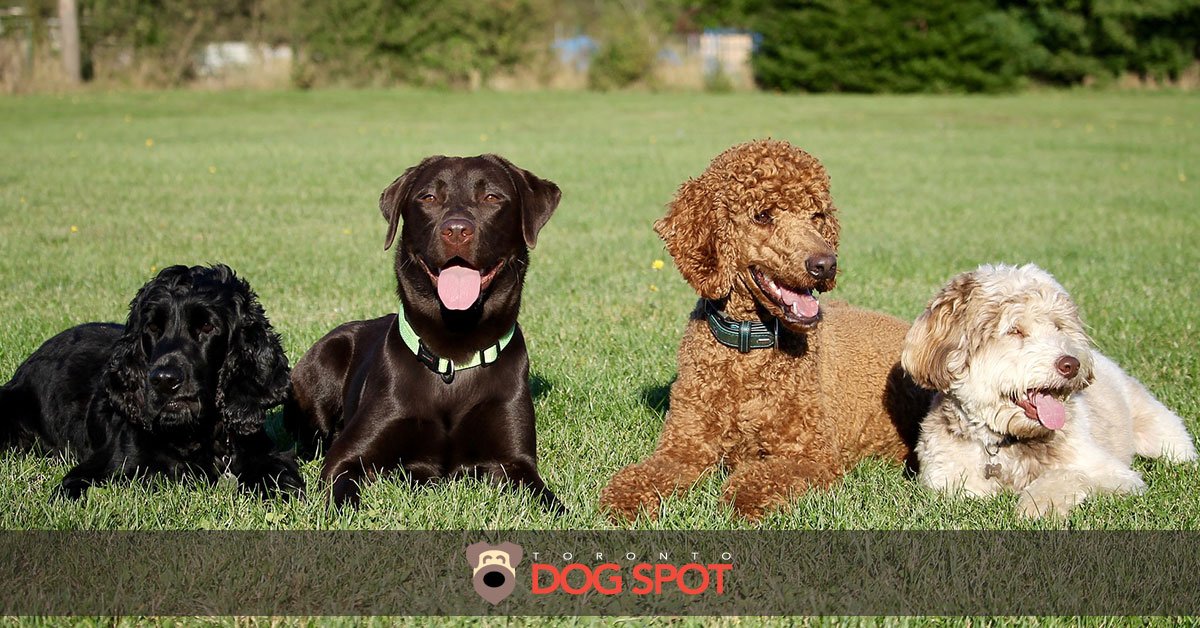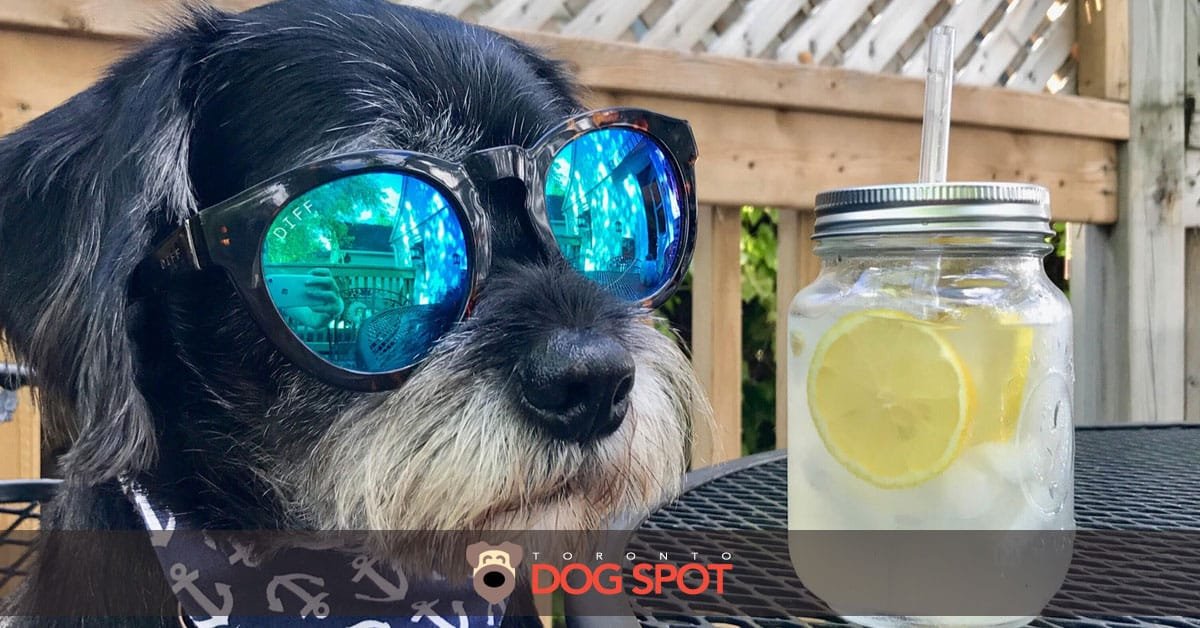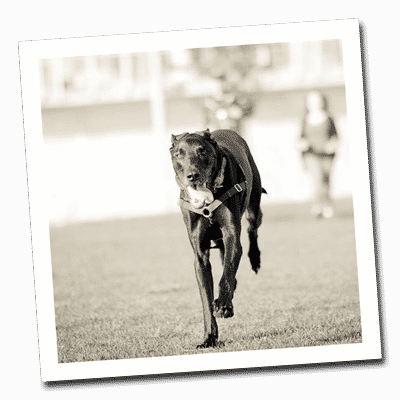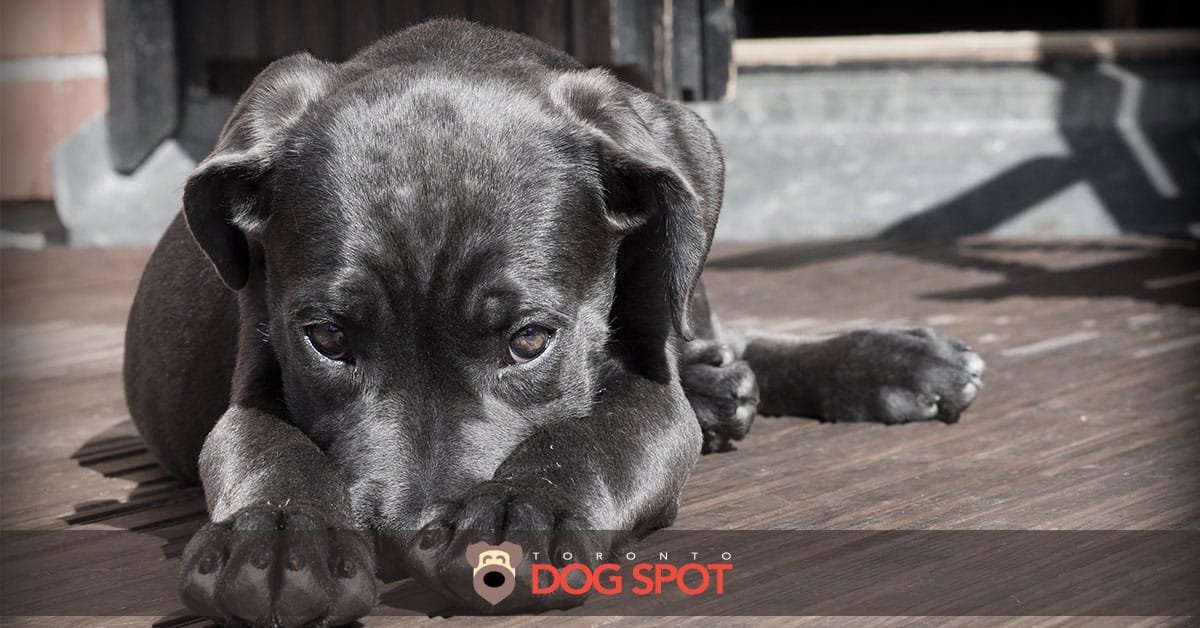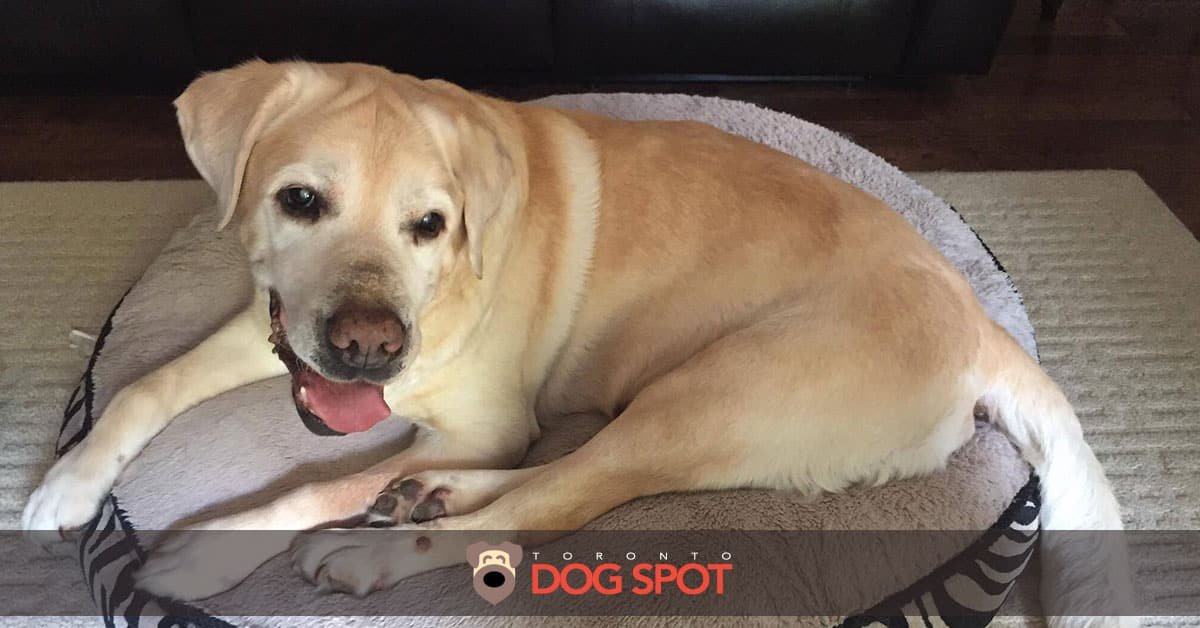TRENDING:
The French Bulldog (Frenchie) Dog Breed Information

Once in a while I’ll be writing a feature blog on a specific breed of dog. I’ll try to focus on the most popular breeds found in Toronto so that you can comment and share with other Torontonians who may be thinking about
getting a new best friend. Please share your comments below on which breed you had/have and your experiences having a four legged friend in the city.
Origins
Today’s feature pick is the French Bulldog – AKA the “Frenchie”. The French and the English didn’t just discover countries together (“Happy 150th Birthday Canada!), they also mixed the British Bulldog with the local rattlers of Paris…and voila! This easygoing, playful and affectionate pooch is one of the most popular breeds found in T.O. I must say what a great fit – being in a bustling city, the French bulldog is both sociable and patient; two very important characteristics if you’re going to be dealing will all city hustle.
General Characteristics

If you are looking for a long term investment, this is your pup! Frenchies live 10-12 years and are very attached to their masters so lovin’ is the name of the game for these well tempered, low exercise dogs. They should not be left alone for more than a few hours or they will begin to show you in unpleasant ways that they miss you. You know what I’m talking about – the chewed furniture, your favorite pumps and the in-your-face “accident” waiting for you when you get home. Separation anxiety is not just a puppy phase for the Frenchie as it can happen in adulthood as well. That being said they are renowned for being great apartment dogs because they are calm and they’re not barkers unless absolutely necessary– another top reason why we see so many of these little guys around Toronto.
Quirks and Cautions
Because the French Bulldog is not a naturally occurring breed – i.e. they didn’t find each other, they were set up – they’ve got a few kinks in their biology.
- French Bulldogs are Brachycephalic. Huh? Long story short, their respiratory system has an altered anatomy which makes it hard for them to breath in certain situations like heat, stress and exercise.
- The T.Dot can get very chilly, so when you are getting bundled up make sure to have a parka for your pup! Alternately, when it gets super hot, make sure there is always some shade near by or an air conditioner. Some dogs can take the heat but hot day can cause heat stroke and even death for this little guy – again because of the breathing thing; they can’t breathe fast enough to cool down.
- Because of their slim hips, male Frenchies can’t reproduce the old fashioned way….c’est domage! Female Frenchies even have to undergo c-sections just to give birth for the same reason. To make more of these little guys they must go through artificial insemination.
- Patellar luxation (their kneecaps dislocate). This could be because of injury or they were just born that way.
- Warning! The Frenchies tend to have a lot of back and spine issues.
- Keep and eye out for those peepers! Frenchies can get glaucoma, retinal fold dysplasia, corneal ulcers and juvenile cataracts.
Stylin’

There’s a wide variety of colours to coat this breed. White, tawny, tan, cream, brindle (I had to look that up….Google told me that it is a brown, tawny colour with streaks of another colour), brindle and white and black brindle.
So there you have it! Our Frenchie friend has been a top T.O. companion. Let us know how you feel about your Frenchie!
Share:
Facebook
X
Pinterest
Reddit
LinkedIn
Related Posts
Papular Posts
No posts found


